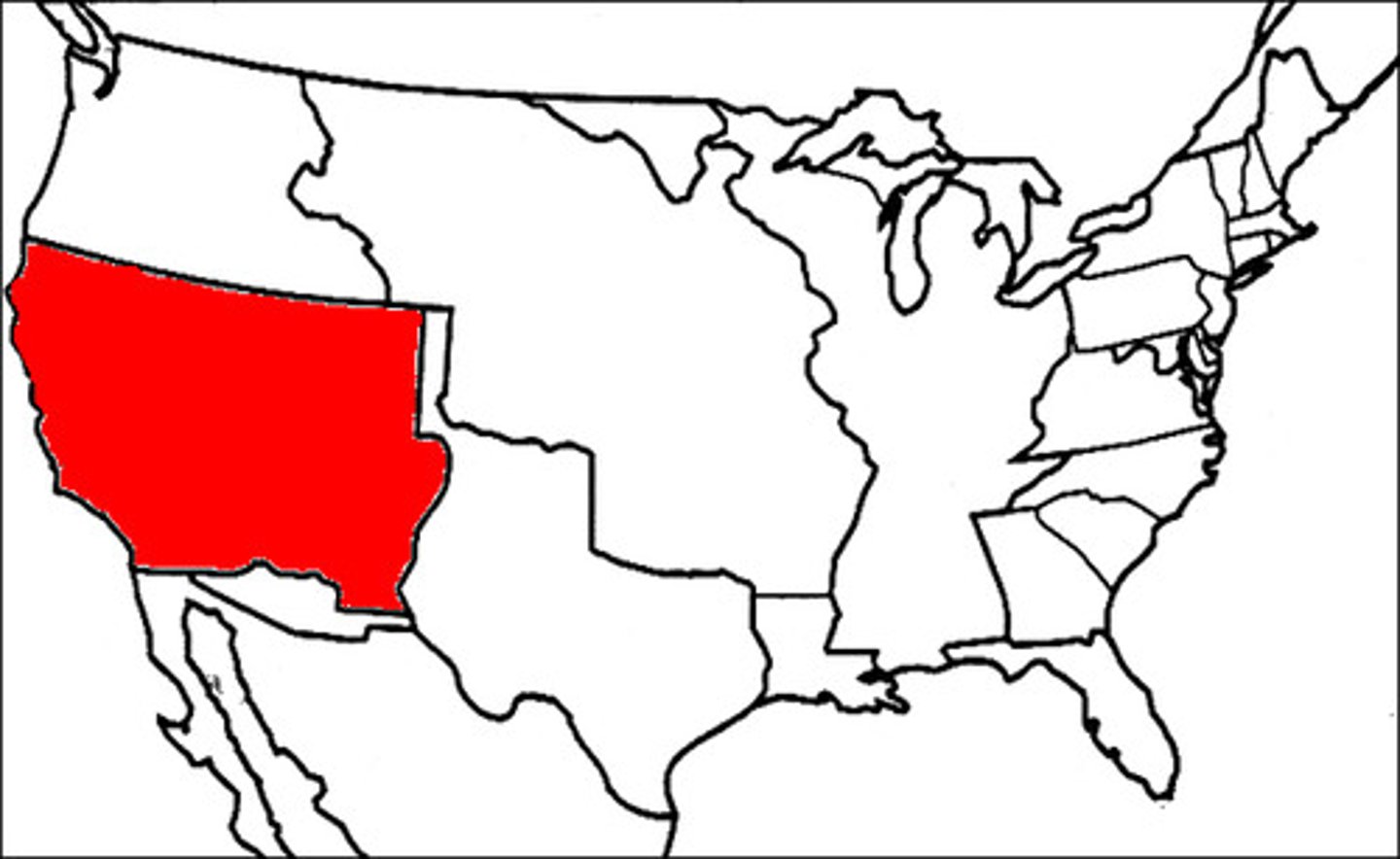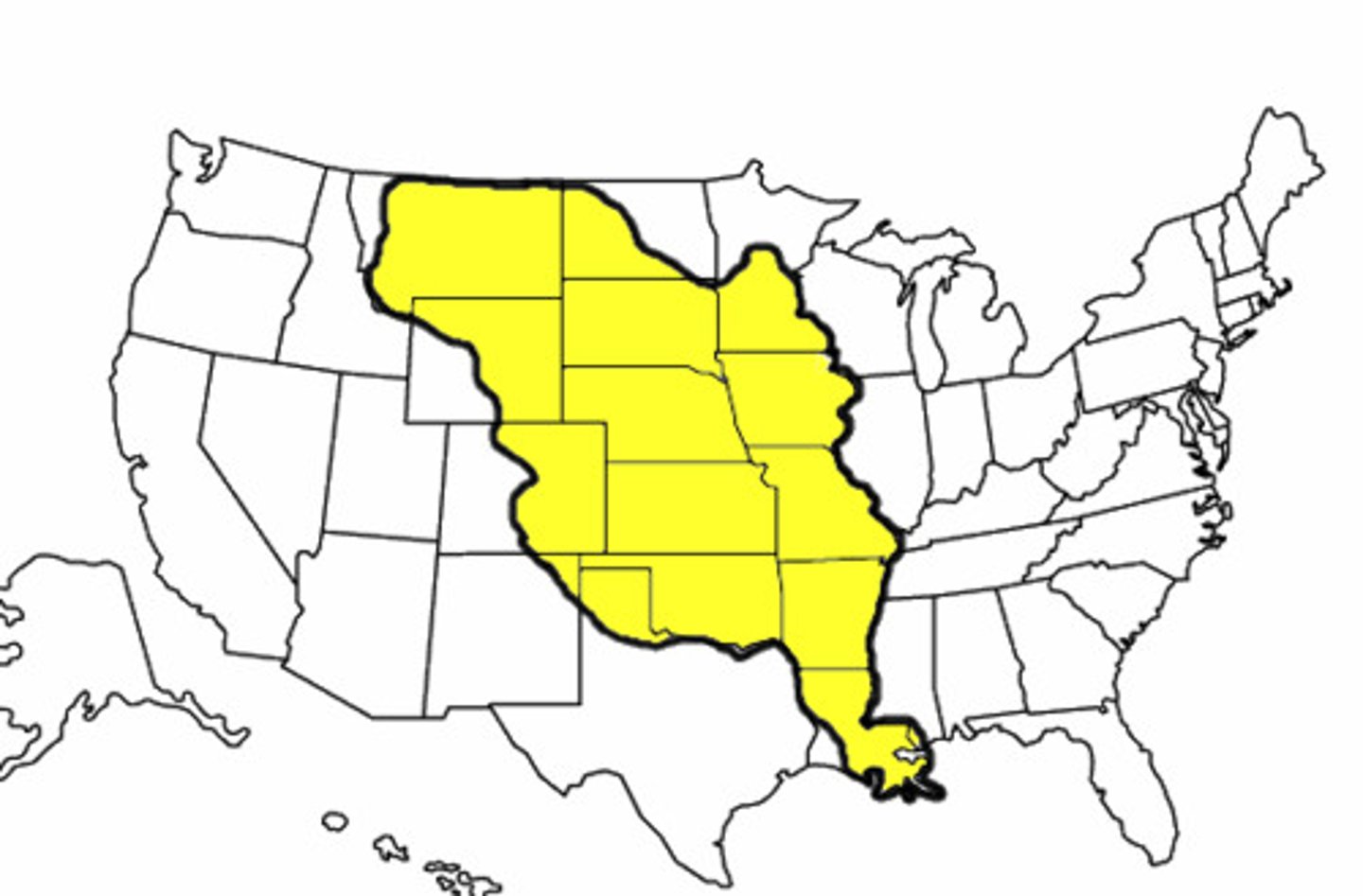Unit One: Slavery and Secession
1/42
There's no tags or description
Looks like no tags are added yet.
Name | Mastery | Learn | Test | Matching | Spaced | Call with Kai |
|---|
No study sessions yet.
43 Terms
Manifest Destiny
The idea that the destiny of the United States was to spread from sea to shining sea
Harriet Beecher Stowe
Author of Uncle Tom's cabin
Fugitive Slave Act
Law saying that slaves who escaped were to be returned to their owners in the south
Missouri Compromise
Agreement stating that Missouri would enter the union as a slave state and then all future decisions would be made based on the 36th parallel
36th Parallel
Line that determined if states would be slave or free - north of the line - free and south of the line - slave to the south
Kansas Nebraska Act
People living in the states of Nebraska and Kansas decide on their own - whether each state will be slave or free - based on popular sovereignty. Makes the Mo. Comp. useless
James Buchanan
President of the United States before the Civil War
Election of Lincoln
Turning point in the United States - causes the state government in South Carolina to secede from the Union
Jefferson Davis
President of the Confederacy
Martin Robison Delaney
Doctor and writer who founded the African American newspaper - "The Mystery"
William Lloyd Garrison
Author and editor of "The Liberator"
Solomon Northrup
Freed man, who was kidnapped and placed into slavery - later wrote "12 Years a Slave" about his time in captivity
Frederick Douglas
Born a slave, he escaped to the north, then wrote for "The North Star" and became an advisor to Abraham Lincoln. One of the most famous abolitionists.
Harriet Tubman
Most famous conductor of the underground railroad, went to the south at least 19 times to save slaves.
John Brown
Lead a failed raid on Harper's Ferry and was found guilty of treason and hung
Mary Peake
Taught former slaves and freed persons at Fort Monroe under what would become known as the Emancipation Oak.
Nat Turner
Lead a famous slave rebellion that killed over 50 white people - and was hung. The results made rules in the south even harsher than before
Sojourner Truth
Was born a slave, escaped, and became a well known speaker and abolitionist - who wrote "Ain't I a Woman"
Dred Scott
Slave that lived with his owner in free territory, sued for his freedom and lost. The courts determined that any black person, free or slave, could not be a US citizen
Abraham Lincoln
Elected president in 1860 - would lead the country through a Civil War
Brooks and Sumner
One senator attacked another senator during a meeting so badly with a cane, that the injured couldn't walk well for years.
Fort Monroe
Location of Mary Peake's first school, and a refuge for slaves who had escaped from their plantation
"A House Divided"
Famous speech given by Lincoln where he stated his belief that the United States would not survive as long as half the country wanted slavery, and half didn't
Mexican American War
War fought in response to the United States and the annexation of Texas
Annexation of Texas
Texas wanted to be removed from Mexico and requested to be added to the United States
Louisiana Purchase
Jefferson purchases thousands of acres of land from France for around 4 cents an acre.
Compromise of 1850
agreement that California would enter the union as a free state, and that the territories would be ruled with popular sovereignty in regards to slavery, and established the Fugitive Slave Act
Secession
When Lincoln was elected president, states started to leave the union - what was this called?
Wilmot Proviso
attempted to block slavery from all parts of land gained from the Mexican American War
Sack of Lawrence
Pro-Slavery activists attacked and destroyed the city viewed as the center of the anti-slavery movement.
Pottawatomie Massacre
In response to the Sack of Lawrence, John Brown led anti-slavery forces into a pro-slavery town and killed 5 people and injuring more.
"Crimes Against Kansas"
Charles Sumner gave a speech entitled this during a Senate meeting. It was about all the violence in Kansas
Dred Scott Decision
Supreme Court decision stating that African Americans were NOT citizens and could not sue their freedom.
Harper's Ferry
John Brown attempted to take over the arsenal and lead a slave rebellion in this strategic town
Bleeding Kansas
Nickname of a state that was so violent in the time leading up to the Civil War that it almost had a small "Civil War" of its own
Kansas - Nebraska Act
Negated the Missouri Compromise by stating that "popular sovereignty" would determine whether or not states would be free.
Fort Sumter
First battle of the Civil War - won by the confederacy
Erie Canal
Man made body of water that connected the Great Lakes to the Hudson Bay in New York City
Immigration in the north
Most immigrants were coming into this part of the country to work in factories.
Mexican-American War
This section of territory (the southwest portion of the United States today) was won during what conflict?

The Louisiana Purchase
What territory/land purchase is represented by this image?

Free-Soil Party
Party that developed during the era of popular sovereignty (due to the Kansas Nebraska Act) to try and convince people of the evils of slavery
Freeport Doctrine
Stephen Douglas believed that the people would elect the candidate who believed in what they wanted - slavery or the abolishment of slavery - popular sovereignty would naturally make the decision for them